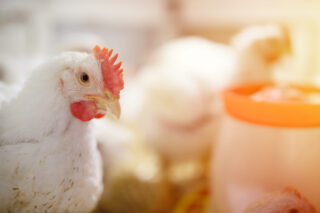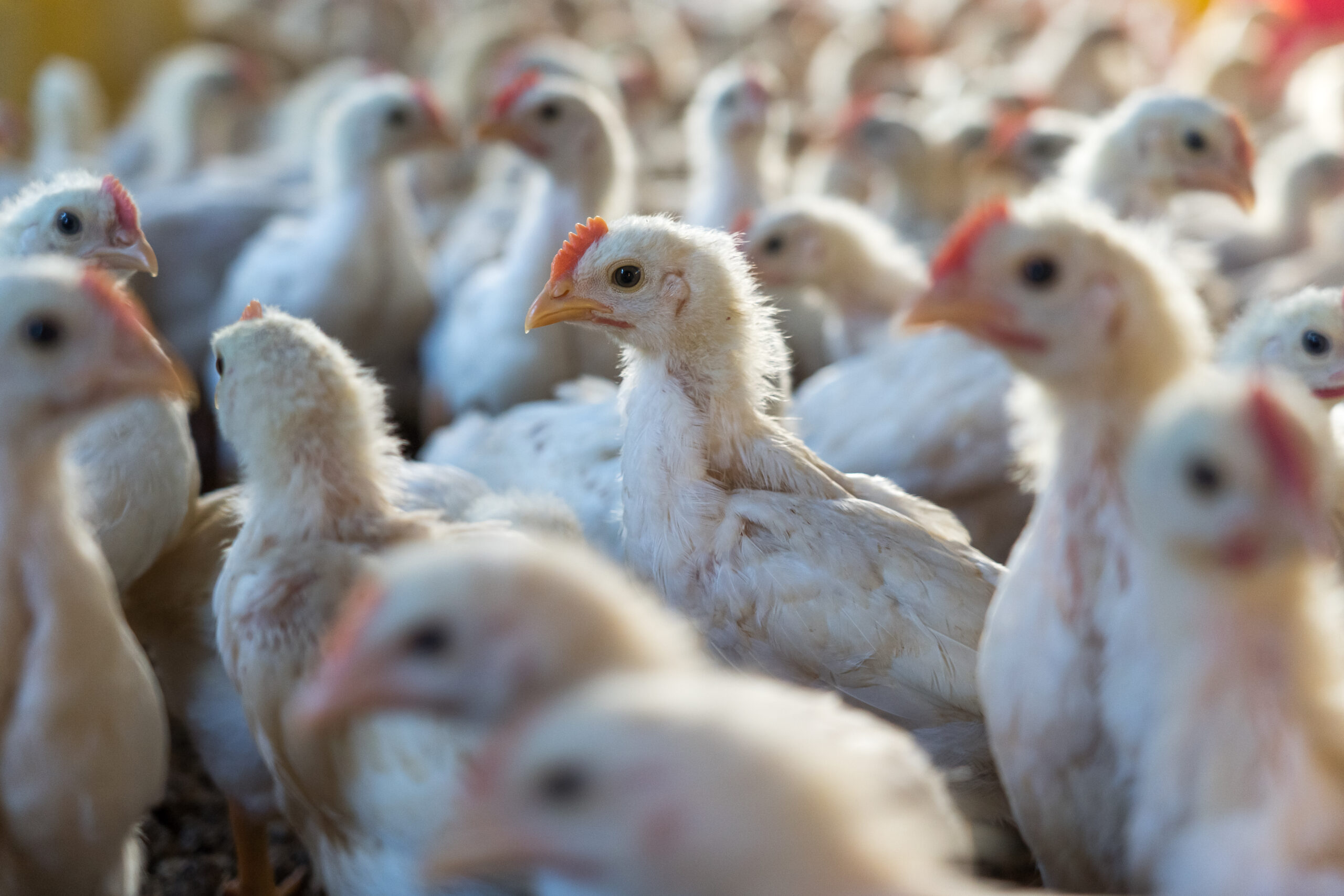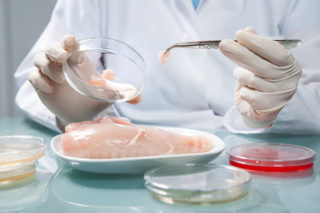Stress: a silent thief
stealing performance
Stress factors can cause serious negative impacts on animals’ health and performance. In turn, phytogenics are proven products to efficiently mitigate oxidative stress by improving physiological defense mechanisms in animals, which results in better zootechnical performance.

Stress: a silent thief stealing performance
In broiler production, many husbandry practices are taken for granted. What many do not realize is even common husbandry practices can create significant stress on the growing animals. Typical stress-inducing husbandry practices include:
- Suboptimal ventilation procedures
- High stocking density
- Poorly executed spray vaccination
- Delayed placement

Free radicals: an internal battle in the cell
The result of these sub-optimal practices can create stress for the bird, stimulating the production and release of free radicals. Free radicals attack healthy cells and are responsible for cell and tissue damage, reduced organ function, and even cause damage on a DNA level.
Most of the time, after noticing the damage done, anti-oxidants and/or electrons are fed to neutralize the free radicals and reduce the negative impact. However, providing these additional electrons is expensive and not always necessary, as the chickens are quite capable of producing anti-oxidants—such as gluthatione—themselves.

Phytogenics: a natural enzyme production team
The effect and efficiency of the neutralizing free radicals not only depends on the presence of anti-oxidants provided in the diet but also on different enzymes stimulating the natural anti-oxidative process in the chicken. Phytogenic molecules are known for a variety of biochemical and physiological activities. One activity is stimulating the secretion of anti-oxidative enzymes. These nature-made, poultry-safe, non-toxic molecules can function individually. Though, when combined, perform in synergy with other molecules to improve the anti-oxidative process more than one molecule could alone.